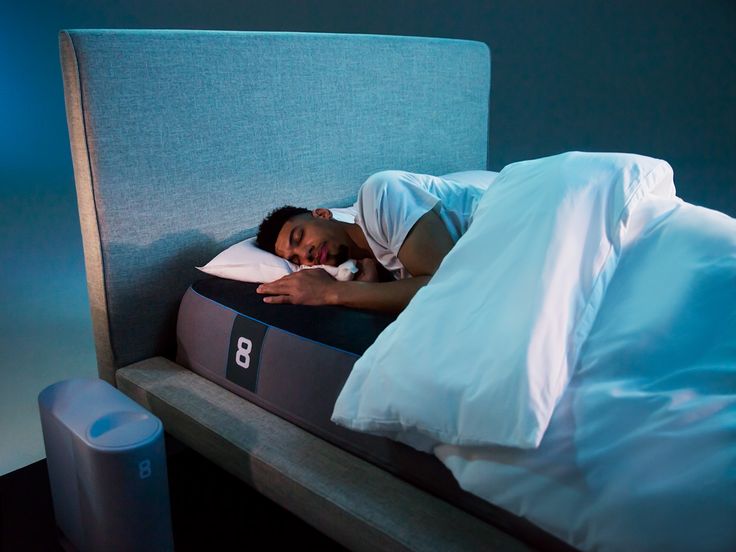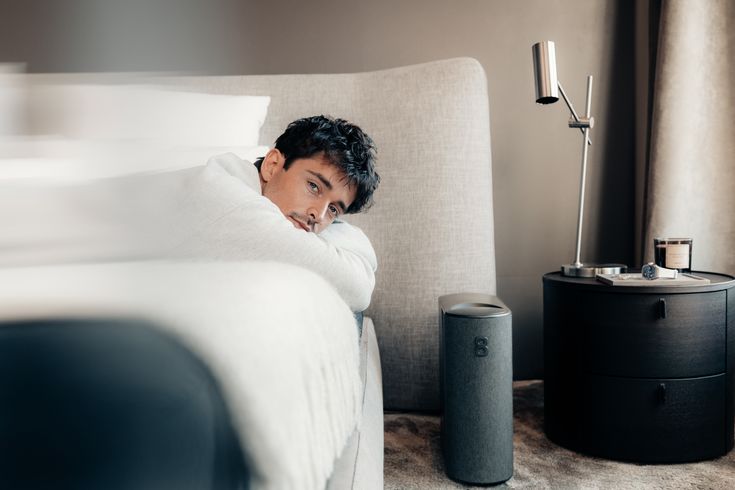Sleep And Longevity, “A good laugh and a long sleep are the best cures in the doctor’s book,” said a smart woman once. Alright, okay, fine; the point still holds even if it was an old Irish proverb. Science supports the theory that sleep is one of the most effective weapons we have for good aging, not only for beauty. Your pillow and mattress could be the closest thing to a fountain of youth you are looking for.
Though it’s sometimes disregarded in the anti-aging debate, sleep is clearly important. Our sleep patterns evolve with age. You might discover that you have less deep sleep, battle insomnia, or wake up early. This is so because changes in the brain impact sleep architecture and melatonin generation falls with age. Still, there are techniques to offset these effects and guarantee that your sleep stays restful.

Your body accomplishes most vital maintenance during deep sleep.
Your brain removes pollutants at this stage, your cells heal themselves, and your immune system gets more robust.
Aging picks speed without enough deep sleep. Try these to increase deep sleep:
Sleep And Longevity, The quality of your sleep is more about how well you sleep than about how many hours you spend in bed. If you notice yourself turning around, you should adjust your sleeping environment:

Your sleeping quality is much influenced by your diet. Some foods help your body to naturally support its sleep cycle and induce relaxation:
One of the finest approaches to improve the quality of sleep is consistent physical exercise.
Still, timing is important:

Sleep And Longevity, Control of sleep depends much on hormones. Melatonin and growth hormone levels fall with aging, which affects our capacity for deep sleep. Here’s how you naturally assist them:
Think about melatonin capsules: Older persons may find benefit from a low dose (0.3 — 1 mg).
Help create natural hormones: Get daytime sunshine to control melatonin cycles.
Increase human development hormones (HGH): Intermittent fasting and strength building aid to preserve HGH levels.
Particularly as we become older, short naps can help with energy levels and cognitive ability. The secret is, though, to snooze deliberately:
Keep naps under half an hour: Grogginess can result from longer naps.
Nap in the early afternoon: Late naps in the day can disrupt evening sleep.
Design a peaceful nap space: Rest in a dark, quiet area.


Function of the brain and memory consolidation depend on sleep. Neurodegenerative disorders including Alzheimer’s are connected to inadequate sleep. Promote brain functioning with:
Enough REM sleep: Both emotional control and cognitive ability depend on this stage.
Activities that increase brain capacity: Reading, puzzles, and learning new abilities help to build brain resilience.
A diet in good health: Antioxidants and omega-3 fatty acids help brain function.
Stress is among the main offenders in inadequate sleep. Long-term stress raises cortisol levels, which makes relaxation and sleep more difficult. Try these strategies to relax:
Your body might be signaled to rest just ten minutes before bed.
The 4-7-8 breathing method helps you relax and lowers down pulse rate.
Before bed, offload problems onto writing to help you relax.
Sleep And Longevity, Aging healthily begins with early in life behaviors developed. Long-term health is set by regular sleep habits from early life:


Although displays could interfere with sleep, technology can also be used for greater rest:
Consider sleep to be the anti-aging elixir that is completely free and readily available to everyone.
You can add years to your life by developing seemingly insignificant daily rituals that revolve on your sleep schedule.
When you go to bed tonight, keep in mind that each and every hour that you get a good night’s sleep is an investment in a better and longer future. Enjoy your dreams and you will live longer!
